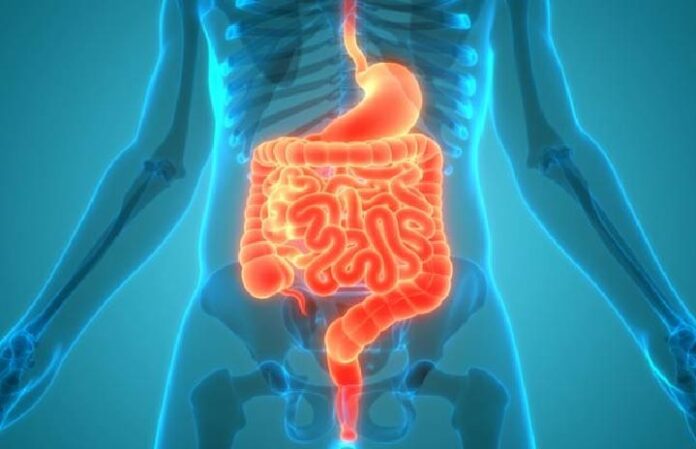Researchers at the University of California, Davis, have uncovered how Salmonella—a major culprit behind food poisoning—manages to invade the gut even when protective bacteria are present. The findings, published in the Proceedings of the National Academy of Sciences, reveal how this pathogen cleverly manipulates the gut’s environment to evade the body’s natural defenses.
Salmonella’s Clever Strategy to Thrive in the Gut
The human digestive system is home to trillions of bacteria, many of which produce short-chain fatty acids (SCFAs) that act as natural defenders against harmful pathogens. Yet, despite these protective mechanisms, Salmonella can flourish and spread within the gut. This study sought to uncover the secret to Salmonella’s ability to bypass these defenses.
Andreas Bäumler, the study’s lead researcher and a distinguished professor at UC Davis, noted:
“We’ve long known that Salmonella invades the small intestine, even though it doesn’t replicate there as efficiently as it does in the colon.”
Shifting the Nutrient Balance
Bäumler’s team identified that Salmonella’s success lies in its ability to disrupt the gut’s nutrient balance. When the pathogen reaches the small intestine, it triggers inflammation in the intestinal lining. This inflammation interferes with the normal absorption of amino acids, creating an imbalance in nutrients within the gut.
This imbalance provides Salmonella with the resources it needs to grow and multiply in the colon, where healthy bacteria typically suppress its activity. The study found that Salmonella uses inflammation in the small intestine to unlock the nutrients that fuel its replication in the colon.
How Salmonella Changes the Game
Using a mouse model, the researchers explored how Salmonella alters the chemical environment of the gut. They specifically analyzed the absorption of amino acids in both the small and large intestines.
In infected mice, they observed a significant drop in the absorption of amino acids into the bloodstream. Interestingly, two amino acids—lysine and ornithine—became more concentrated in the gut after infection. These amino acids neutralized the growth-inhibiting effects of SCFAs by stabilizing Salmonella’s pH balance, allowing it to bypass the gut’s natural defenses.
“Our research shows how Salmonella ingeniously shifts the gut’s nutrient dynamics in its favor,” Bäumler explained. “By impairing amino acid absorption in the ileum, it creates an environment that supports its survival and growth in the colon.”
The team further discovered that Salmonella relies on virulence factors—pathogen-specific molecules—to activate enzymes that break down amino acids like lysine. This process helps the pathogen evade the protective effects of SCFAs, allowing it to thrive more effectively.
New Pathways for Treating Gut Infections
These findings open the door to new approaches for treating intestinal infections and managing inflammatory gut conditions like Crohn’s disease and ulcerative colitis. By understanding how Salmonella reshapes the gut environment, scientists hope to develop treatments that protect the gut microbiota and prevent such infections.
Lauren Radlinski, the study’s first author and a postdoctoral researcher in Bäumler’s lab, highlighted the broader significance:
“This study goes beyond understanding how Salmonella works. It emphasizes the importance of a healthy gut microbiome and could lead to treatments that strengthen gut defenses during infections.”
The research may pave the way for future therapies, such as tailored probiotics or specific dietary strategies designed to bolster the body’s natural defenses against harmful pathogens.
Radlinski added:
“By uncovering how pathogens exploit the host’s systems, we can develop strategies to reinforce the body’s natural barriers.”
Research Team
The study was conducted by a team of UC Davis researchers, including Andrew Rogers, Lalita Becktold, Hugo Mason, Henry Nguyen, Anaïs P. Laraby, Connor Tiffany, Thainara Parente de Carvalho, and René Tsolis. PNAS.


